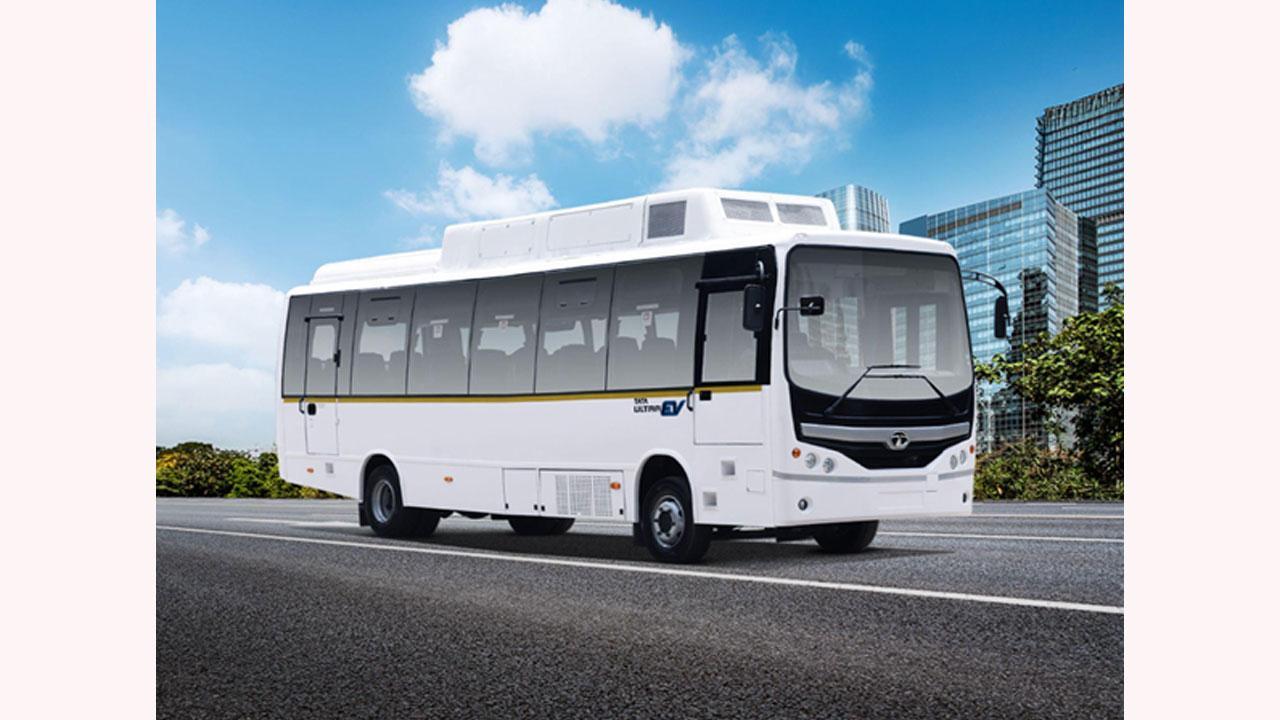With electric buses, pollution and costs are reduced, and the public transport industry is transforming across India's cities. Read the article to learn more.

Electric Buses
India’s urban centres are bursting at the seams - rising pollution, congestion and fuel costs are making traditional public transport models unsustainable. Enter electric buses - the disruptors driving a quieter, greener and smarter mobility future. Here are five powerful ways electric buses are reshaping public transport across the country.
ADVERTISEMENT
Slashing Air Pollution
With zero tailpipe emissions, electric buses are crucial in tackling India’s air quality crisis. Switching from diesel can cut PM and NOx emissions by over 80%, as per ICCT studies. Cities like Delhi, Bengaluru, and Mumbai are expanding their fleets under the FAME II scheme, reducing health risks and improving everyday air quality.
Tata Motors: Leading the Charge
Forward thinking manufacturers like Tata Motors’ buses and vans have already rolled out 1,000+ e-buses across 25 cities, including Mumbai, Lucknow and Ahmedabad. Their flagship Tata Ultra EV offers up to 200 km range, fast charging, and is built for Indian road and climate conditions. By providing complete turnkey solutions - from vehicles to charging infrastructure - Tata is helping cities electrify faster and more efficiently.
Quieter Cities, Smoother Rides
Electric buses operate almost silently, cutting down noise levels drastically compared to diesel engines. This means calmer streets and more pleasant rides for commuters - especially in residential and school zones. Smoother acceleration, lower vibration, and minimal engine noise also reduce fatigue for drivers and passengers alike.
Lower Running Costs, Better Efficiency
Electric buses may cost more upfront, but offer major savings over time thanks to lower fuel and maintenance expenses. EVs have fewer moving parts, resulting in fewer breakdowns and longer vehicle life. According to NITI Aayog, e-buses can reduce total cost of ownership by 30% over a decade - making them a smart long-term investment.
Backed by Bold Government Policy
The government is putting serious weight behind the EV push with programs like FAME II, allocating ₹3,500 crore for e-bus adoption. The 2023 PM-eBus Sewa scheme aims to deploy 10,000 e-buses across 169 cities, including Tier 2 and Tier 3 towns. With India targeting net-zero emissions by 2070, electric buses are central to its sustainable mobility strategy.
The Road Ahead
Electric buses are no longer a future concept - they’re already reshaping India’s public transport systems. As battery tech improves and policies scale up, expect more cities to go electric - making public transport cleaner, quieter, and far more efficient.
 Subscribe today by clicking the link and stay updated with the latest news!" Click here!
Subscribe today by clicking the link and stay updated with the latest news!" Click here!












